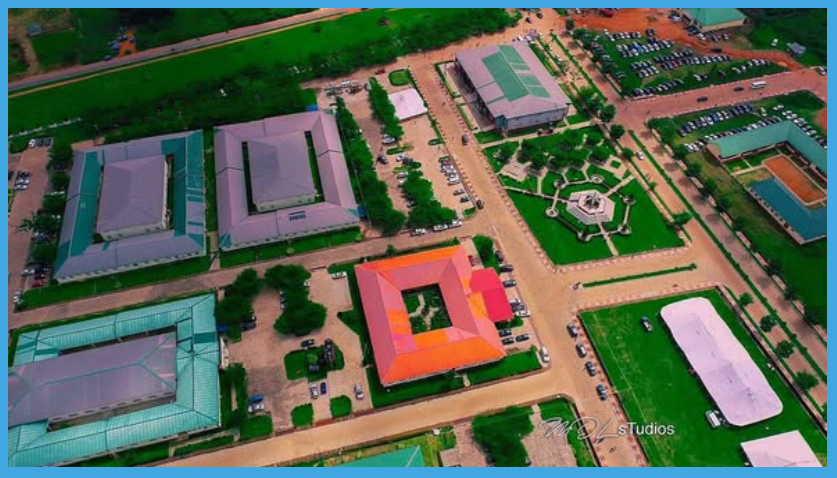The MacArthur Foundation has awarded $100 million to the Sentinel project, a groundbreaking global health initiative co-led by Dr. Pardis Sabeti of the Broad Institute and Prof. Christian Happi of the Institute of Genomics and Global Health (IGH), Redeemer’s University, Nigeria. The announcement was made on Tuesday, November 18, 2025, as part of the Foundation’s prestigious 100&Change competition, which funds bold solutions to critical global challenges.
Sentinel: A Global Surveillance Framework
Sentinel is designed to detect, prevent, and preempt infectious disease outbreaks by empowering local communities with cutting-edge tools and training. The initiative brings together a diverse coalition of clinicians, epidemiologists, geneticists, virologists, bioengineers, computer scientists, and public health experts.
The project has already strengthened disease surveillance and sequencing capacity in West Africa, training more than 3,000 public health workers across 53 African countries. Over the next five years, Sentinel will expand its reach, reinforcing systems in Nigeria and Sierra Leone while extending operations to three additional African nations.
Statements from Leaders
MacArthur Foundation President John Palfrey emphasized the urgency of the investment:
“In a moment where investments in global public health are at risk, the Sentinel project will transform infectious disease surveillance and response through cutting-edge technology, global collaboration, and local empowerment.”
Prof. Christian Happi highlighted Africa’s leadership role in global health solutions:
“This investment affirms that solutions to global health challenges can be led from Africa. Sentinel is about trust, collaboration, and building systems that allow every country to respond swiftly and confidently to disease threats.”
Dr. Pardis Sabeti added:
“With this support, we can build a future where every community has the tools, knowledge, and power to detect and stop outbreaks before they spread.”
Global Impact
The award underscores Sentinel’s potential to reshape pandemic preparedness worldwide, offering a model of resilience rooted in local empowerment and international solidarity. By combining science, innovation, and collaboration, the project aims to safeguard lives, strengthen health security, and prevent future crises.
REDEEMER UNIVERSITY, EDE AERIAL PICTURE FROM BN FB POST



